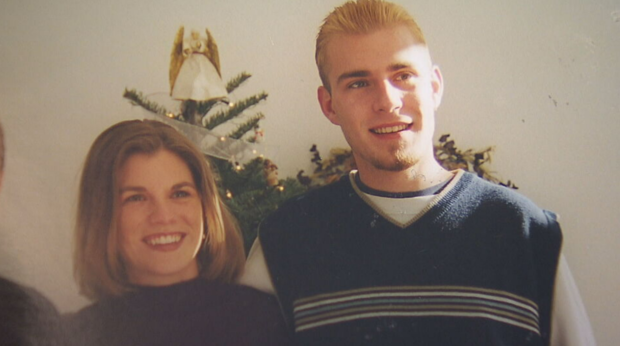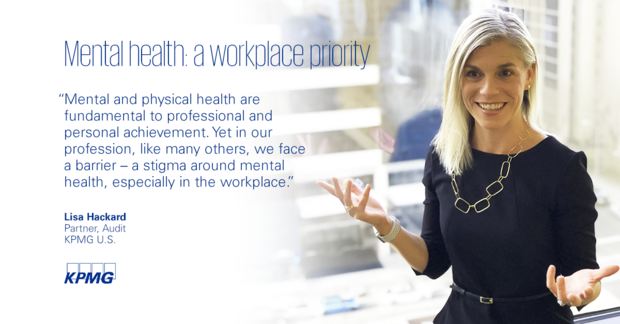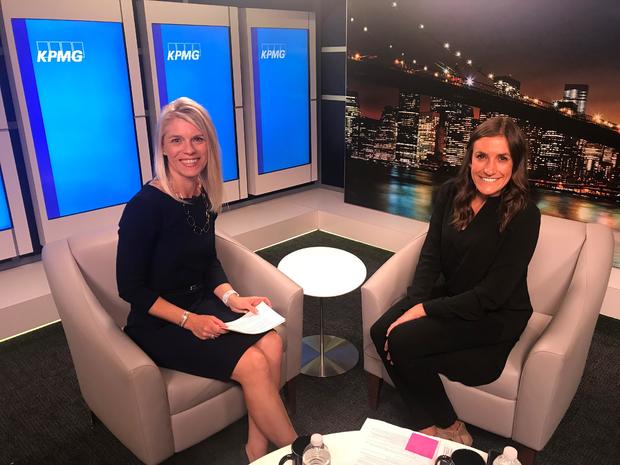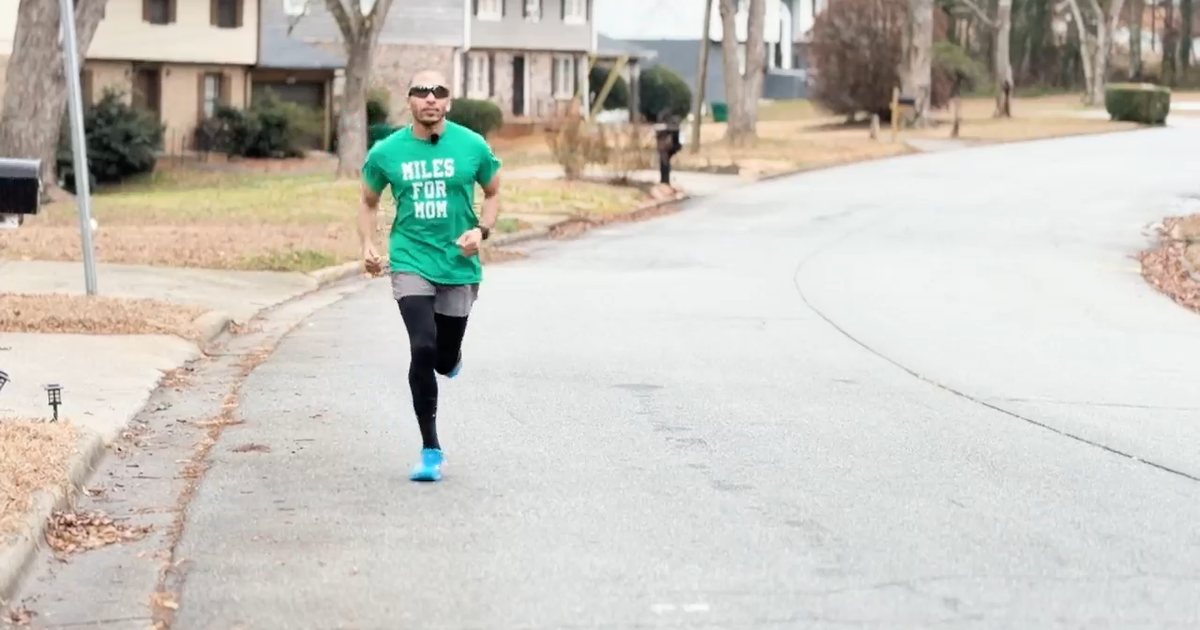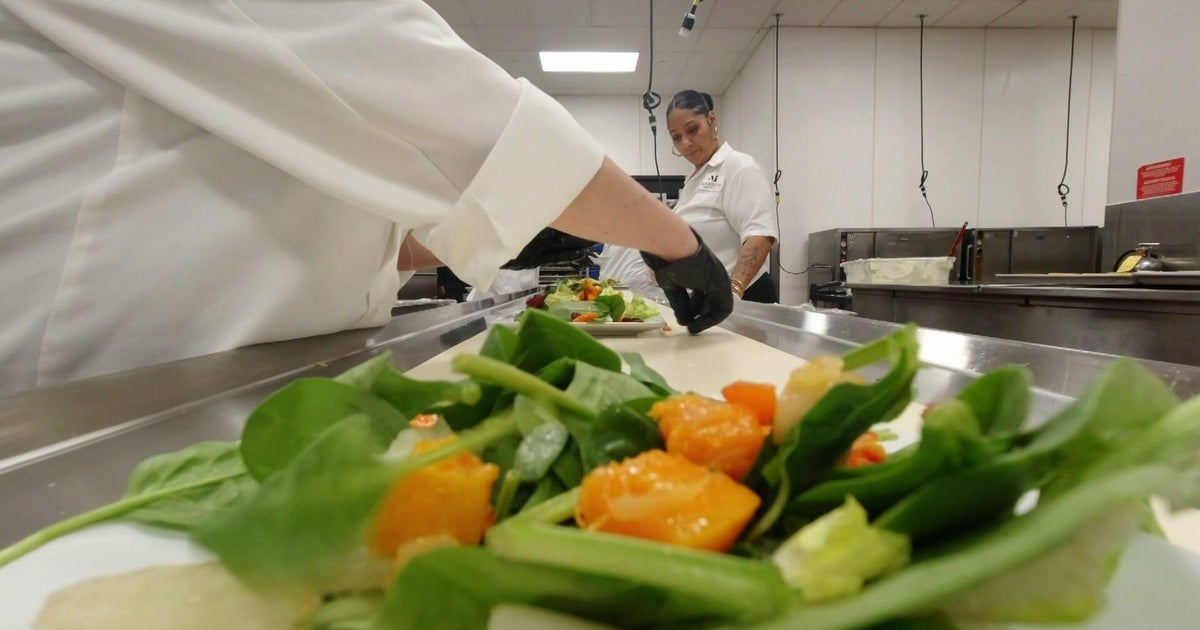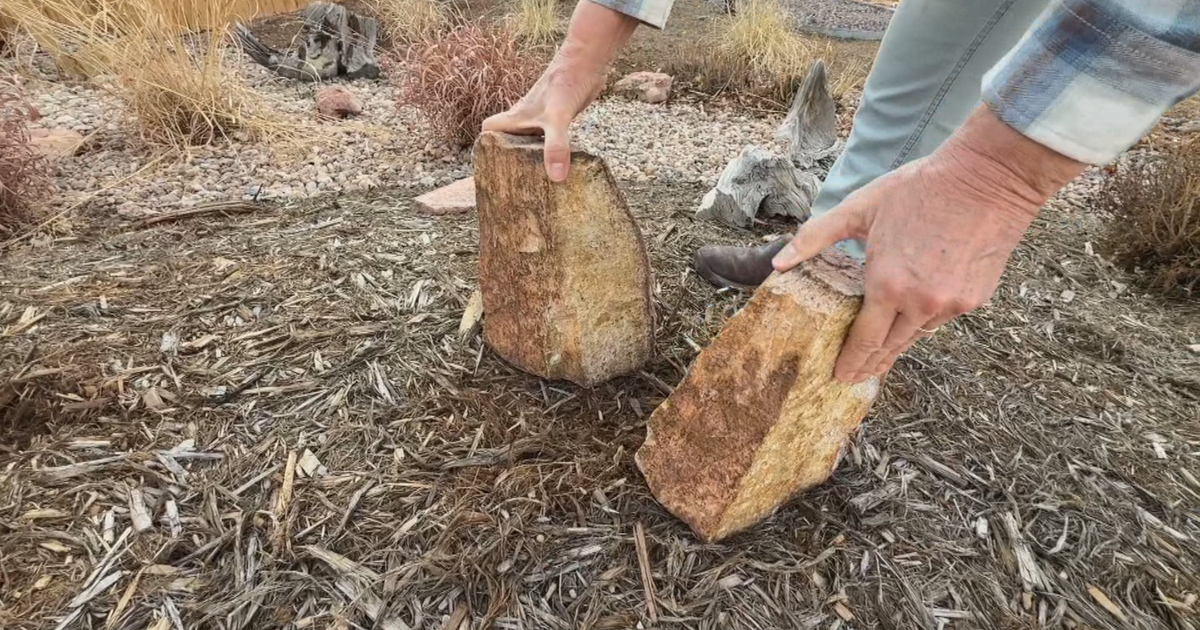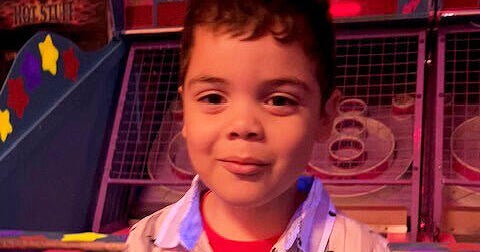Like chicken soup for a cold, Colorado exec says we learn recipe to prevent suicide
September is Suicide Prevention Month. It is a hard truth that Colorado ranks fifth in the nation for its high suicide rate. In 2022, 1,287 died by suicide in our state.
A Colorado woman who has experienced heartbreaking personal loss is determined to save lives by sharing the simple steps each of us can take to support people who are struggling with their mental health.
Lisa Hackard is a partner at the global accounting first KPMG.
"My journey into mental health as really something that I'm a student of now for life began when my brother Jeff died from suicide. My brother was, he was my right hand. He was always there to cheer me on, to offer encouragement to bring a smile to make me laugh, and it brought me to my knees when he died."
Hackard says it was a friend and mentor at her firm who helped her through her darkest moments after her brother Jeff's death. He intuitively knew the answers to her toughest questions.
"Why did my brother take his life? Didn't he know how much we loved him? Didn't he know? Did he love us?" Hackard recalled.
Her colleague ensured she ate, and he checked on her family every day.
"I should have cued in to the fact that was a strange topic to have proficiency in. Because three weeks later, my mentor also died from suicide," Hackard said.
She stepped up to help her colleague's family, and eventually she became outspoken at KPMG - promoting openness about mental health concerns in the workplace and beyond.
While taking care of her own physical and mental health, Hackard underwent training through CU Anschutz's Johnson Depression Center and three times has intervened to support colleagues she was deeply concerned about. The training advises getting to the point - asking - are you having thoughts of killing yourself?
Hackard added, "The third individual looked me straight in the face and said, 'I thought of nothing other than suicide for the last three weeks. I can't believe it's taken someone so long to notice.'"
Hackard stayed with her co-worker and contacted their workplace's employee assistance program. After connecting them to a licensed therapist, she talked about what would happen over the course of the next 12, 24, 48 hours and beyond. "And what was useful for them to have from me supporting them in their journey," Hackard said. She added that the co-worker went on to recover and thrive.
Alex Yannacone, who directs education and community programs at the Johnson Depression Center, said "Recognizing that starting those conversations about what we're noticing, what's concerning, and letting them know that we care enough to start those conversations can make a really big impact for that individual."
Hackard compared building the skills to manage mental health concerns to learning how to make chicken soup for someone seeking comfort when they have a cold.
She said, "We know what to do, we have a recipe for how to treat physical ailments. Most of us, myself included, did not grow up with the recipe for how to contend with mental health. And so we just don't have that recipe." Hackard says she's learned to build up her vocabulary around feelings and use her own vulnerability as a way to connect to others and to encourage them to open up.
Telling friends and colleagues you always have an open door is great - but the person who needs to initiate that uncomfortable conversation may be you.
Hackard added, "I have learned that none of us are alone. That those moments of connection really, really matter."
To learn more about the work of the CU Anschutz Johnson Depression Center visit coloradodepressioncenter.org. And remember if you or someone you know is struggling with mental health you can call 988 -- the crisis lifeline.
